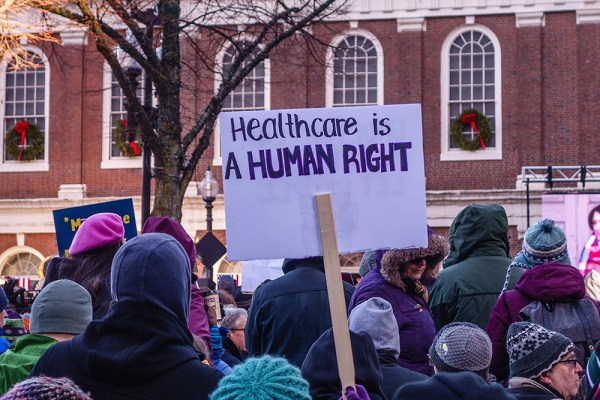Huge Decisions Loom for Lawmakers on Obamacare Taxes

One of the biggest calling cards of the Republican Party for the last several years, including President Donald Trump, has been to repeal the Affordable Care Act, also known as Obamacare. Although Obamacare has faced much opposition throughout its existence, recent polls suggest that most Americans don’t want it repealed, especially if there is nothing to replace it.
Still, republican lawmakers are undeterred in their efforts to scrap it. However, there are several significant taxes issues that must resolved, namely which taxes should they repeal. Make no mistake, republicans hate the Obamacare taxes, but some feel that they should keep them to help pay for their replacement plan. The taxes in question include:
- Net Investment Income Tax – this would automatically eliminate the 3.8 percent tax on capital gains.
- Health Insurance Tax – Health insurance providers are forced to pay this annual fee based on their market share.
- Medicare Surtax – This tax on the wealthy created an extra $7.3 billion for the government, so eliminating it would help anyone earning more than $200,000 (single filer) or $250,000 (joint filer) a year.
- Cadillac Tax – this is set to begin in 2020, but many lawmakers from bot sides oppose it, as it would be a huge tax on those with high-cost health plans, including many democratic-backed unions.
- Prescription Drug Tax – repealing this would help businesses that make or import branded prescription drugs and have to pay huge fees for doing so.
- Tanning Tax – this contributed to many tanning salons going out of business
- Medical Expenses Deduction Cap – this raised the threshold for deducting medical expenses from 7.5 percent to 10 percent.
- Flexible Spending & Health Savings Accounts – these placed lower limits on the amounts people can add to them and raised the penalties for using the money on anything other than medical expenses.
- Mandate Penalties – these are the penalties that people must pay if they choose not to have health insurance.
Each of these taxes could en up on the chopping block, but it remains to be seen which ones will be officially repealed and which ones will survive.
http://thehill.com/policy/finance/317880-gop-faces-big-decision-on-obamacare-taxes
New Venture Partners: Top Thirteen Things You Should Know
New Venture Partners: Top Thirteen Things You Should Know Updated: 6/16/10 Business Issue Establish due date for estimated capital calls Review personal liability insurance Review medical insurance issues Prepare personal cash flow forecast & balance sheet Carried interest: 4 – 6 years away (Don’t spend until in your pocket) Partnership buy-ins ARE negotiable *** Taxation…
Venture Capitalists Prefer Large Established Markets
Venture Capitalists Prefer Large Established Markets By Robert Ochtel 1/22/2009 Many entrepreneurs only focus on bleeding-edge, burgeoning markets when developing their technology, product or service offering. This is done for various reasons including: The perception that burgeoning markets have limited competition, The ability to establish an early foot-hold to increase the value of their company,…
Advice for Startups Seeking Venture Capital
Advice for Startups Seeking Venture Capital The financial crisis makes it harder to get funding, but those that prove themselves during this period will be better positioned to thrive. By John Tozzi From BusinessWeek.com Landing venture capital is tough for startups, even in a good economy. But given the ongoing financial crisis, how hard is…
Due Diligence for Startups Raising Venture Capital
Due Diligence for Startups Raising Venture Capital By C. Worrall You have presented your plan to the venture capital partners. It was well received and they have to offer you a term-sheet. You have negotiated your major deal points and are ready for the investment. Now the VC wants to commence with due diligence. Wait…




